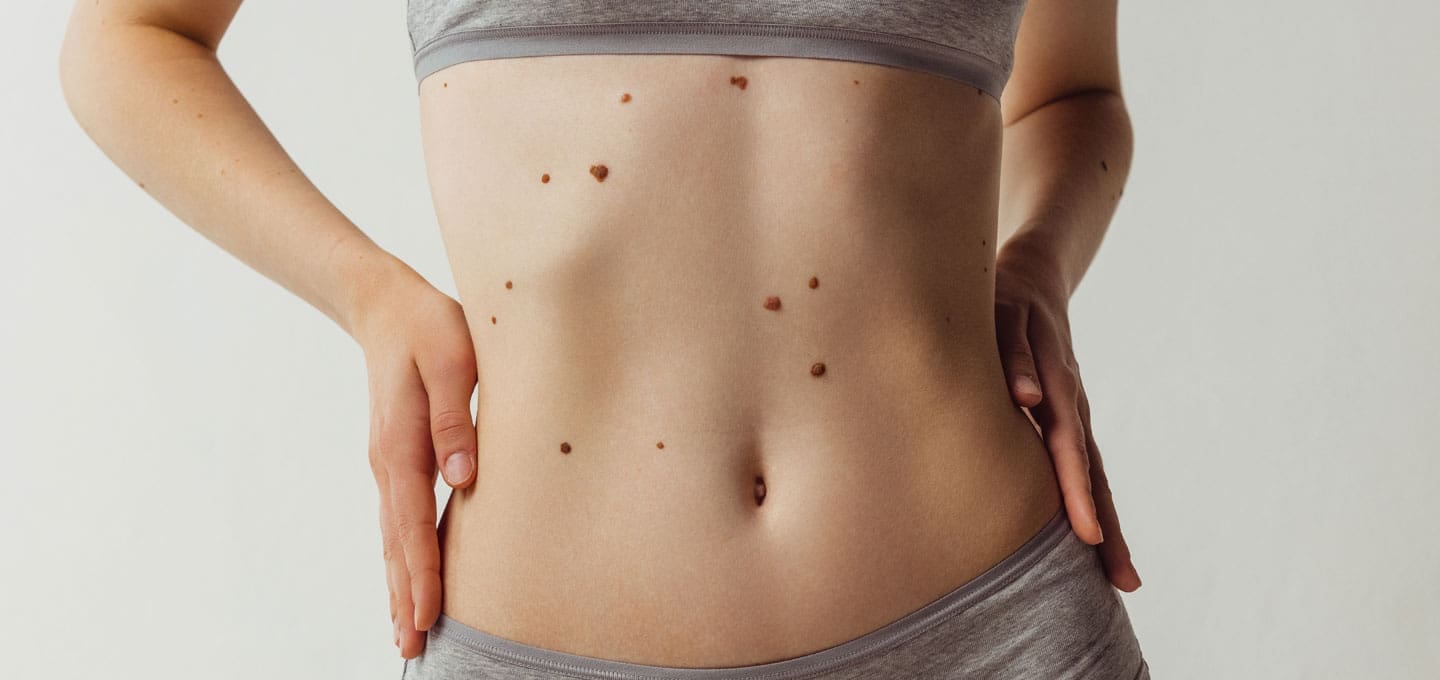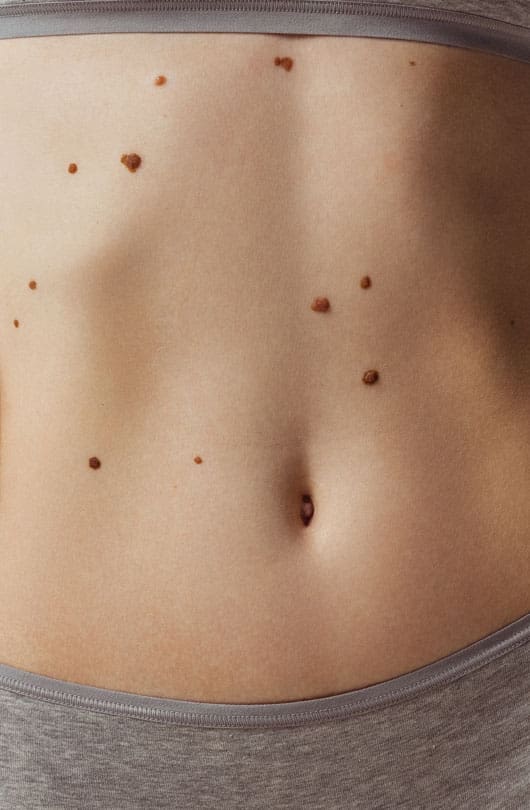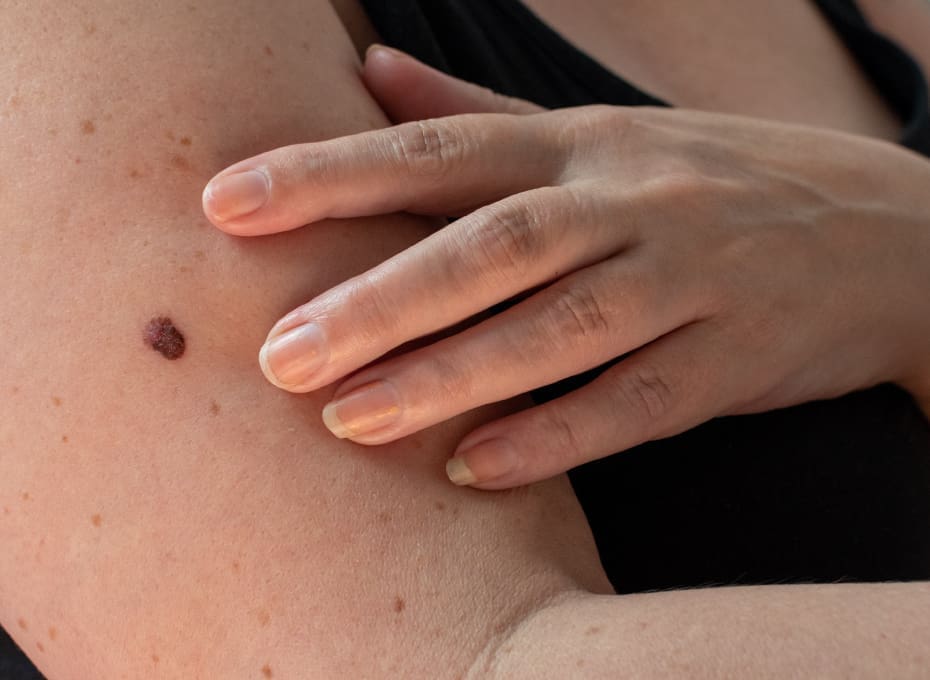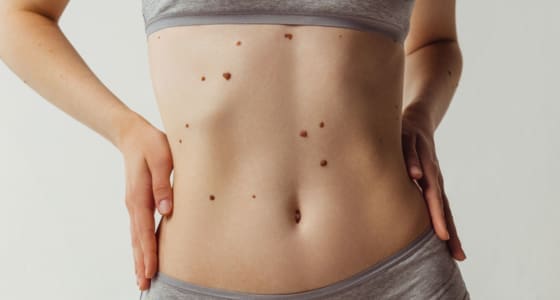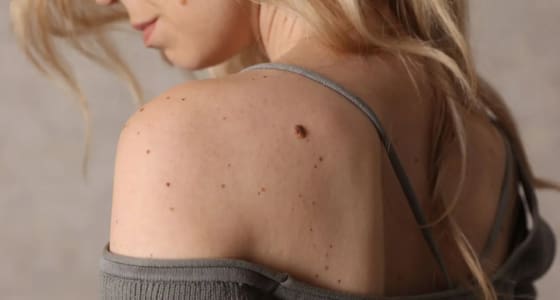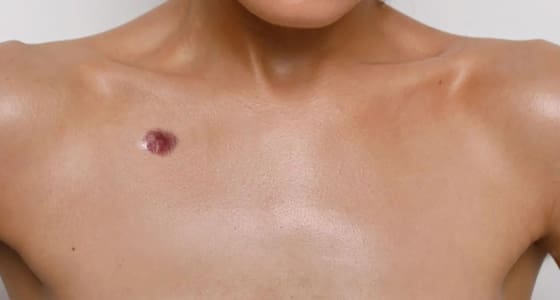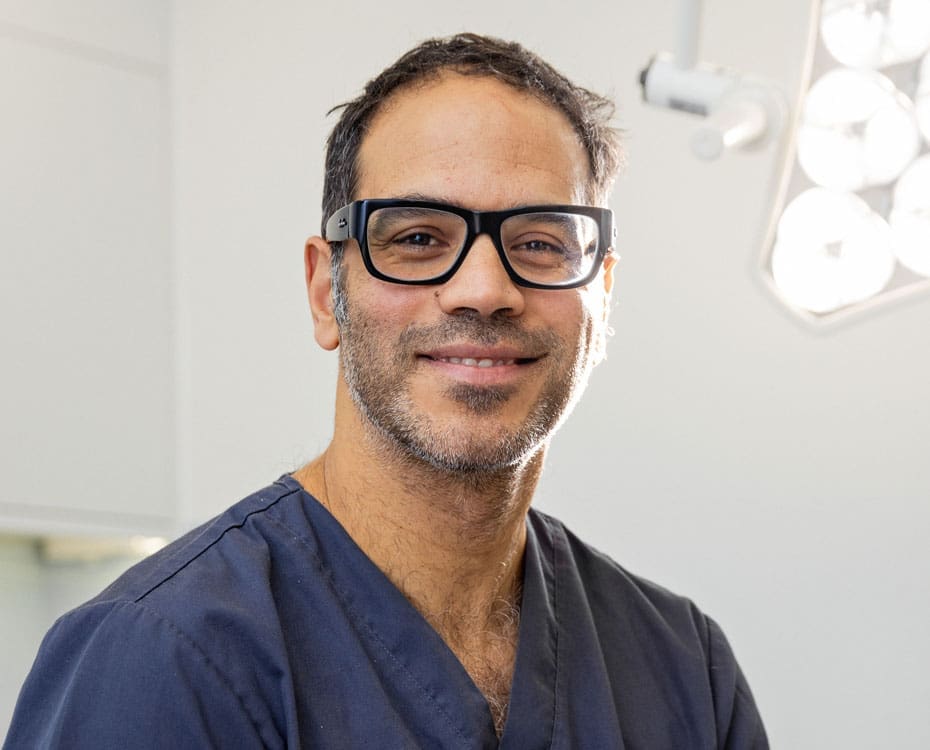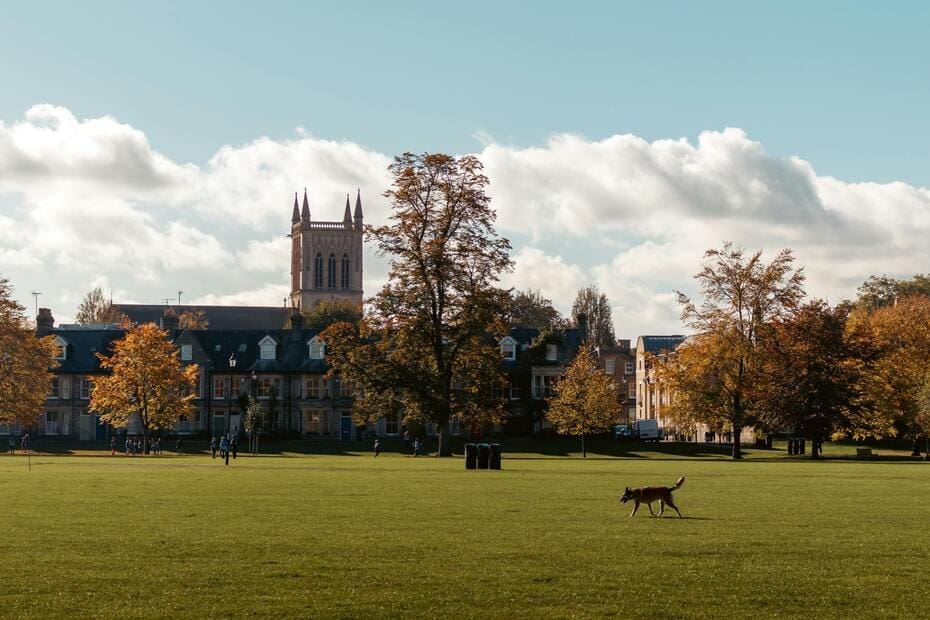Are you considering pigmented lesion removal in Cambridge?
The appearance of pigmented lesions on the skin can cause a loss of confidence, resulting in harm to mental health. We offer a range of procedures that treat skin issues and allow you to regain your confidence.
Mr. Abood is a highly experienced practitioner of pigmented lesion removal, operating from his two clinics in North Cambridge and South Cambridge. He provides world-class service, using the techniques and procedures of leading consultant dermatologists and plastic surgeons for his clients.
You can rest in the knowledge that you are in safe hands with Mr. Abood, an outstanding and professional dermatology service provider. We aim to provide the best care at a reasonable price, and we have confidence that our professional procedures provide our clients with the best outcome. The techniques of our expert medical team ensure the best results for you and your skin.
Please contact our expert medical team of doctors and nurses today to arrange a free consultation at our Cambridge clinic, to discuss your skin concerns and our most popular treatments.
Below are our most popular treatment options for pigmented lesion removal.
